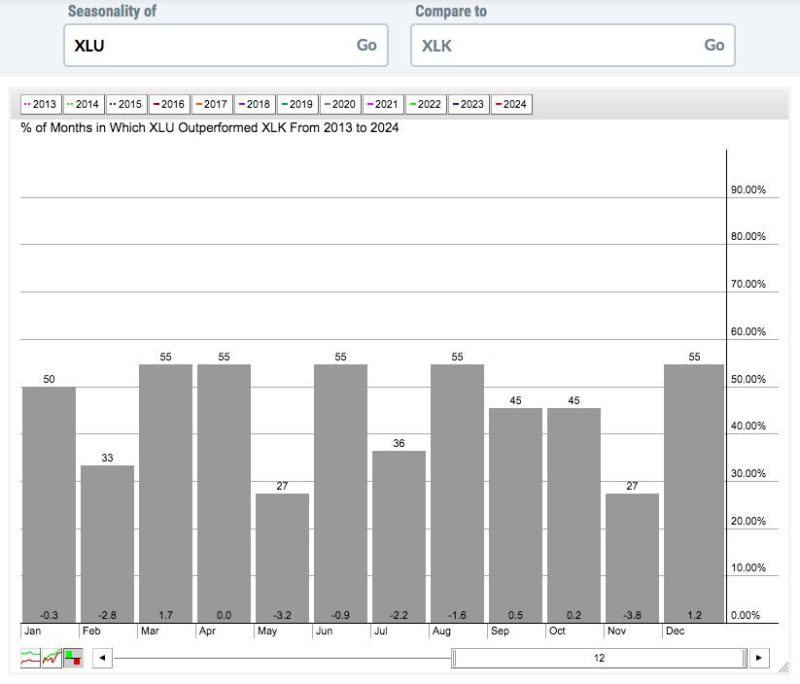In the realm of trading, the ability to evaluate risks effectively separates successful traders from unsuccessful ones. The journey of a trader is fraught with uncertainties, market fluctuations, and unexpected events. It is how traders navigate these challenges and make decisions based on calculated risks that determine their success in the long run.
One crucial aspect of risk evaluation is understanding the market dynamics and identifying potential opportunities and threats. Successful traders take the time to conduct thorough research, analyze market trends, and stay informed about current events that may impact their investments. By staying ahead of the curve, they can anticipate market movements and make informed decisions that align with their trading strategies.
Another key difference between successful and unsuccessful traders is the way they manage their risk exposure. Successful traders are adept at implementing risk management strategies to protect their investments and minimize potential losses. They diversify their portfolios, set stop-loss orders, and adhere to sound money management principles to ensure that they can weather market volatility and unexpected downturns.
Moreover, successful traders have a disciplined approach to trading and are not swayed by emotions or impulsive decisions. They stick to their trading plans, have clear entry and exit points, and do not let fear or greed dictate their actions. By maintaining a rational mindset and sticking to their strategies, successful traders can avoid making costly mistakes and stay focused on their long-term goals.
On the other hand, unsuccessful traders often fall prey to common pitfalls such as poor risk management, lack of discipline, and emotional decision-making. They may overleverage their positions, ignore warning signs in the market, or let emotions cloud their judgment, leading to significant losses and missed opportunities.
In conclusion, evaluating risk is a fundamental skill that sets successful traders apart from their less successful counterparts. By understanding market dynamics, implementing effective risk management strategies, and maintaining a disciplined approach to trading, successful traders can navigate the complexities of the financial markets and achieve their investment goals. In contrast, traders who neglect the importance of risk evaluation are more likely to face setbacks and struggle to achieve consistent profitability in the long term.
